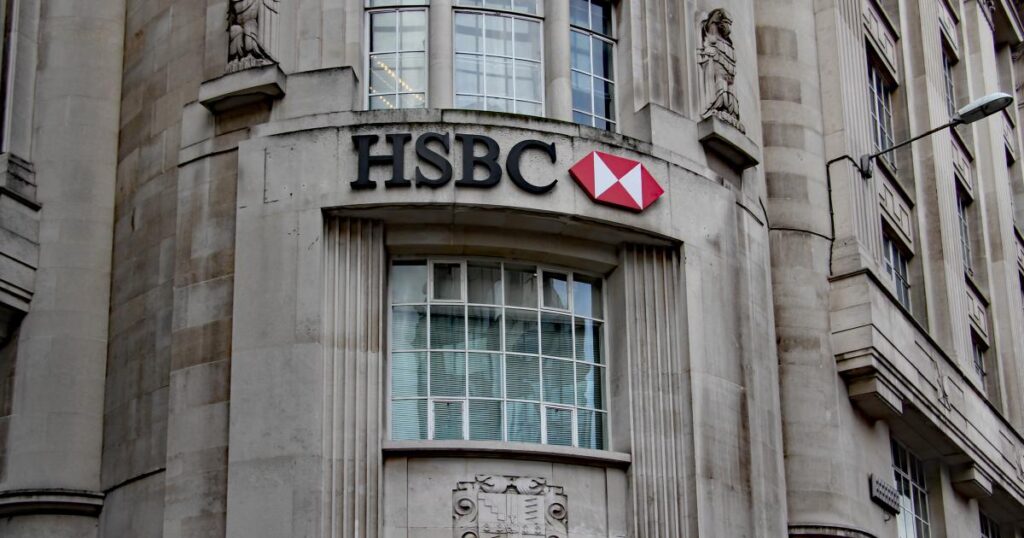Impact of climate breakdown on bills
2 min read
A large majority of the British public are concerned about the effect climate breakdown will have on their bills, according to new polling commissioned by research and campaign group Positive Money.
The polling, carried out by Opinium, accompanies a new report which argues that people are right to be concerned about the growing threat to our finances posed by worsening climate breakdown and continued reliance on fossil fuels.
A total of 75 per cent of UK adults were concerned about the impact of climate change on the cost of heating or cooling their home, while 69 per cent were worried about the impact of grocery prices, 54 per cent on the price of housing or rent, 74 per cent on electricity costs, 68 per cent on the cost of water and 59 per cent on transport costs.
Policymaking
Jordi Schröder Bosch, a researcher at Positive Money EU and co-author of the report, said: “Reacting to inflation driven by global supply-side factors with policies that hinder the cost-saving investments we need is not just futile, but actively harmful to household bills.
“Central banks must take more seriously the role fossil fuels have in driving inflation, both in terms of higher energy costs, but also higher prices for food and other goods as climate breakdown increasingly wreaks havoc on crop yields and supply-chains.
“By taking action to green the economy, policymakers actually stand a chance of pre-empting inflationary shocks and responding in ways that both shield households from soaring bills and avoid exacerbating the problem of an economy dependent on fossil fuels.”
Positive Money’s report, ‘Inflation as an ecological phenomenon’, shows how environmental breakdown is leading to higher prices (‘climateflation’), on top of the huge extent to which volatile fossil fuel prices have driven inflation across the economy (‘fossiflation’).
Invest
The authors stress that both fossilflation and climateflation are felt disproportionately by low-income households and countries.
The report calls for policymakers to rely less on tools like interest rates to manage inflation, because they won’t address fossilflation or climateflation, they jeopardise financial stability, and they actually exacerbate the problem by increasing the cost of the very green projects that will bring prices down.
Instead, the authors argue, central banks should factor environmental considerations into their policymaking, coordinate more with the Treasury and industrial authorities, and abandon interest rate rises as a blanket response to inflation.
This would have widespread support from the public, too, with the majority (55 per cent) polled saying they would support a policy that makes it cheaper to invest in green projects such as renewable energy, rather than fossil fuels.
This Author
Brendan Montague is editor of The Ecologist. This article is based on a press release from Positive Money.





